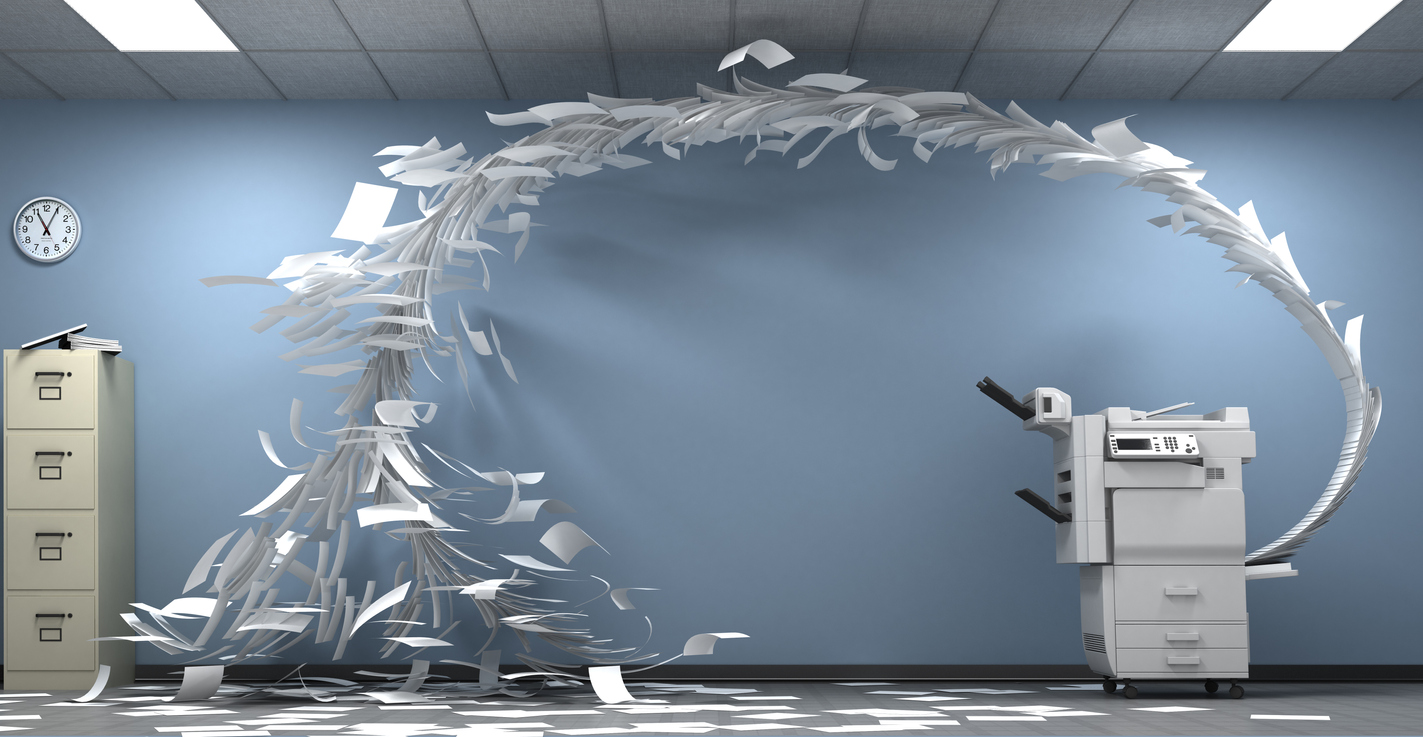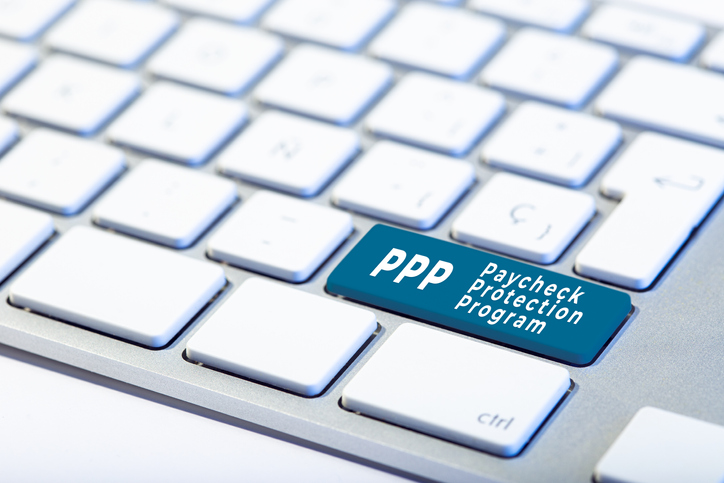Attention business owners: Are you paying insurance on leased equipment? If so, you should know that you can likely list that equipment separately on your insurance policy and save money due to the “loss payee” clause.
In property insurance terms, a loss payee is the party or entity that gets paid first in the event of a loss connected with the property in which it has financial interest. In an insurance policy, a loss payee clause would specify that any loss covered by the insurer would be paid to a third-party payee and not the primary beneficiary. These policies also reflect instances where business owners take out loans to finance equipment, in which cases the loan-providing institution would also be listed.
On business owner policies, we might see a single loss payee listed on the policy, or we might see five. That means that when the carrier issues payment to the insured, they will include these loss payees on the check. Why? Suppose your business rents a postage meter or a photocopier. The equipment provider, as a term in the leasing agreement, will require you to either insure it (in which case you must send them proof that you insured it under your own property policy) or you must take out insurance directly through the vendor.
The latter is a much pricier option. So, for most business owners, it’s much more cost effective to list the leased equipment on their own policy as a loss payee. An added point: in the event of a loss or other property issue, it’s usually much easier dealing with your own insurance carrier as a first party than it is to deal with your vendor’s carrier as a third party.
As public adjusters, the first thing we do when a loss occurs is check with our client to ensure that these loss payees are still current – they are often not. (Note: If you no longer have that equipment, make sure it’s no longer on your policy!) If the lease was paid off, or they don’t have that equipment any longer, they must remove them from their policy. When these leases do still remain in effect, we will make a claim on behalf of that leasing company to replace the leased equipment. In these instances, the business owner is responsible for replacing the copier in the claim.
If you’re a business owner and you have rented or leased equipment, take a look at your commercial policy and take these “loss payee” lessons to heart. It could produce some real savings for your business.




